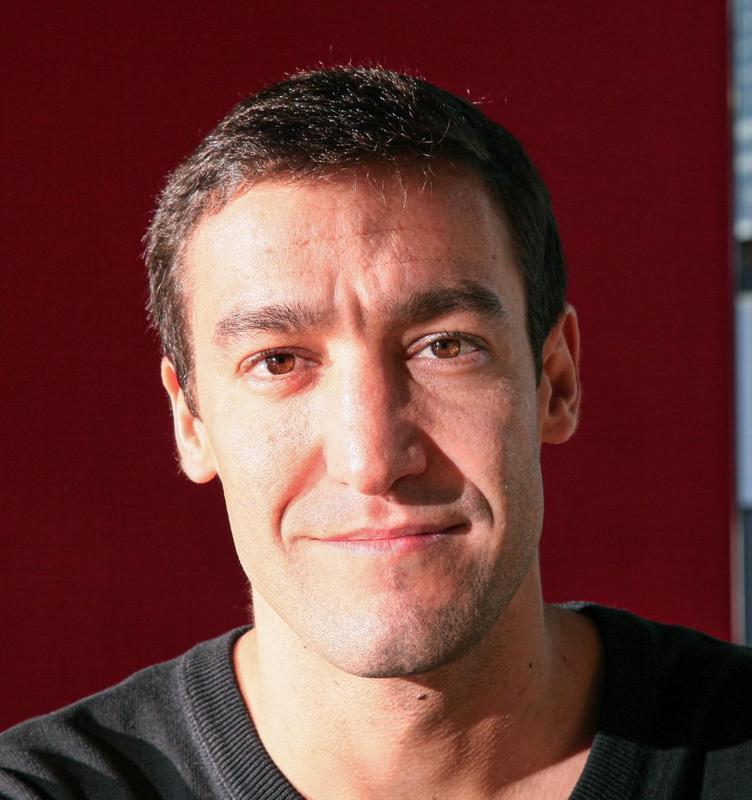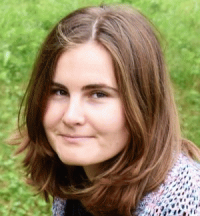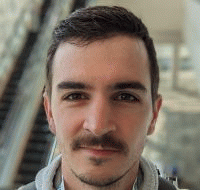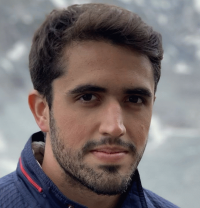Research LineSpace applications |
Keywords
Heterogeneous Architectures, HW-SW Co-Design, Cyber-Physical Systems, Energy Efficient Computing, Performance Scalability, SKAO, AstrophysicsTeam
 | Atienza Alonso David |
 | Constantinescu Denisa-Andreea |
 | Denkinger Benoît Walter |
 | Rodriguez Álvarez Rubén |
The Square Kilometer Array Observatory (SKAO) is an ambitious international project to develop the world's largest radio observatory. Its two telescope sites, in Australia and South Africa, will observe celestial objects in a wide range of radio frequencies with unprecedented sensitivity, allowing scientists to explore open questions in fundamental physics, astrophysics, and cosmology. The first construction phase is expected to be completed by 2029. When fully operational, two dedicated supercomputing facilities will process continuous signals streams from the telescopes at an unprecedented scale (about 10 Tb/s at the input) to be reduced in real-time a thousandfold to produce over 700 PBytes/year of science-ready data products to be distributed to various general-purpose facilities across the globe. The decades-long lifespan envisioned for this major scientific infrastructure makes sustainability a key concern, including energy efficiency and cost containment across integration, operations, and maintenance.
This project is exploring high-risk, high-return strategies for improving the sustainability of SKAO, complementary to its R&D plan, and in particular, the energy footprint of the supercomputing facilities through the use of frugal European sovereign technologies.
Combining the expertise of six international partners, we are leveraging a multi-scale hardware-software co-design approach to optimally map and schedule the execution of SKA data processing pipelines to energy-efficient mainstream as well as domain-specific accelerators. The methodology relies on an innovative hardware architecture (Coarse-Grained Reconfigurable Architectures or CGRAs), providing a solution for frugal data processing, together with the use of Parameterized and Interfaced Synchronous Dataflow (PiSDF) semantics, able to mitigate the exponential growth of the Homogeneous SDF graphs for highly complex pipelines such as the SKA imager. An iterative process between results obtained with the PREESM rapid prototyping tool and CGRA hardware design will foster the co-design of a solution optimized not only at the single node level but also on scaled-up heterogeneous architecture, composed of multiple nodes hosting a variety of hardware accelerators.
The expected result of this project include 1) a custom accelerator design to process efficiently complex workloads from the SKA sensors and 2) novel methods to map and schedule low-power high-throughput streaming execution. The ambition of SEAMS is to bridge the programmability and performance gap between general-purpose processors and domain-specific instruction-set processors to provide the ability to migrate data and tasks to the most sustainable resource in the complex cyber-infrastructure of the SKA.
The resulting methods and prototypes will be experimentally evaluated on real data from NenuFAR, a SKA pathfinder instrument operated by Observatoire de Paris, leveraging an experimental computing facility, STREAMS, providing a realistic environment and hosted at IDRIS, one of the main supercomputing centers in France. The project addresses core topics of the targeted work programme, as it promotes and extends, through co-design, new programming environments for highly heterogeneous architectures, enabling better management of their power consumption, with a focus on one of the largest cyber-infratructures to be built for Big Science.
Read more
Related Publications
| Codesign Strategies for Energy-Efficient Exascale Computing for SKA Observatory | |||
| Constantinescu, Denisa-Andreea; Denkinger, Benoît Walter; Peon Quiros, Miguel; Kneib, Jean-Paul; Atienza Alonso, David | |||
| 2023-09-22 | Conference Paper |  | |
| Tradeoffs in Low-Power Accelerators Design for Large-Scale Interferometers | |||
| Constantinescu, Denisa-Andreea; Denkinger, Benoît Walter; Peon Quiros, Miguel; Atienza Alonso, David | |||
| 2023-06-28 | Conference Paper | ||

